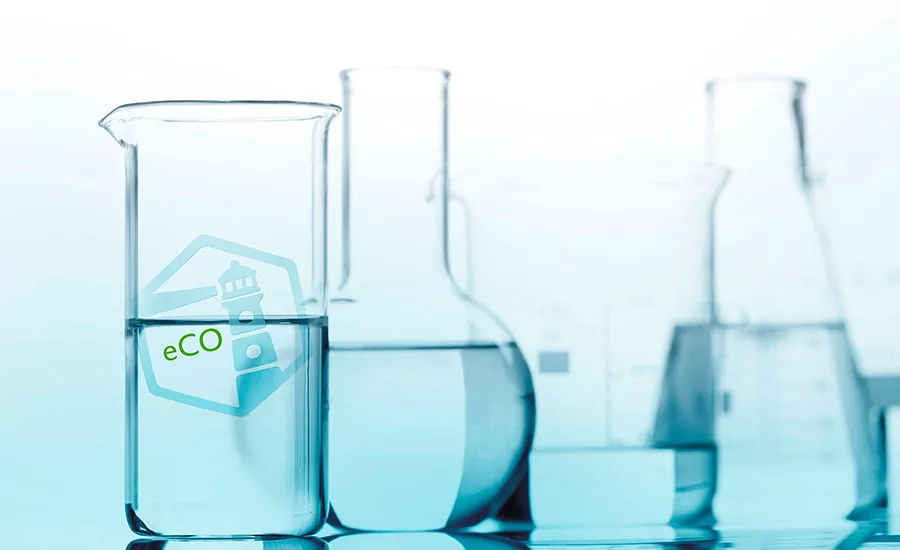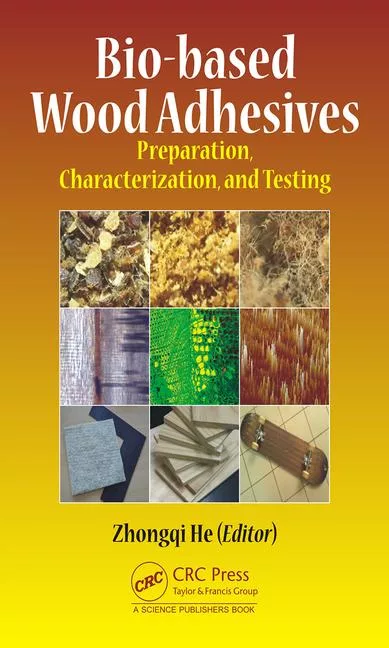EVONIK: Renewable Isophorone-Based Products

The products are available under the VESTASOL® IP eCO, VESTAMIN® IPD eCO, and VESTANAT® IPDI eCO brands. (Image courtesy of Evonik.)
Evonik recently announced that it has developed what it reports is the world’s first sustainable isophorone products made from 100% renewable acetone. By using renewable acetone, Evonik is now reportedly offering isophorone-based products with significantly lower CO2 footprint across all stages of the isophorone production chain.
The new eCO products are available under the Evonik Crosslinkers brand families of VESTASOL® IP eCO for isophorone, VESTAMIN® IPD eCO for isophorone diamine, and VESTANAT® IPDI eCO for isophorone diisocyanate. Further downstream products will be launched in line with future market demand.
“These latest renewable solutions are helping our customers to address today’s sustainability and environmental regulation challenges, plus our hard work is also paying off by opening up exciting new business opportunities for us,” said Christian Schmidt, head of the Evonik Crosslinkers business line.
Evonik reports that the new eCO series products are chemically identical to their fossil-based counterparts, with the same characteristics in terms of processing, formulation, and performance. In comparison to conventional isophorone products, the new eCO products can help the industry to significantly reduce its global warming potential (GWP) and CO2 footprint. For example, VESTANAT IPDI eCO contains 75% renewable carbon per mass balance.
“The new VESTA eCO series is the first step on our journey to climate neutrality,” Schmidt said. “As a next step, we will release an updated Life Cycle Analysis for our complete range/portfolio of I-Chain products during 2022, thus offering our customers reliable information on carbon footprints to give them a clear picture of their reduction options.”
Mass Balance is an accounting principle that matches inputs with outputs from production processes. Accounting ensures that sustainable end products match to the amount of renewable acetone purchased. The entire processes will be audited and certified by the internationally recognized ISCC and REDCert standards to verify the use of renewable resources across all stages of production. Based on strict bookkeeping and external auditing, the mass balance approach allows Evonik to adopt large-scale production and provide cost-effective solutions for its customers while keeping track of each renewable molecule used.
For more information, visit www.evonik.com/vesta-eco.
Looking for a reprint of this article?
From high-res PDFs to custom plaques, order your copy today!



